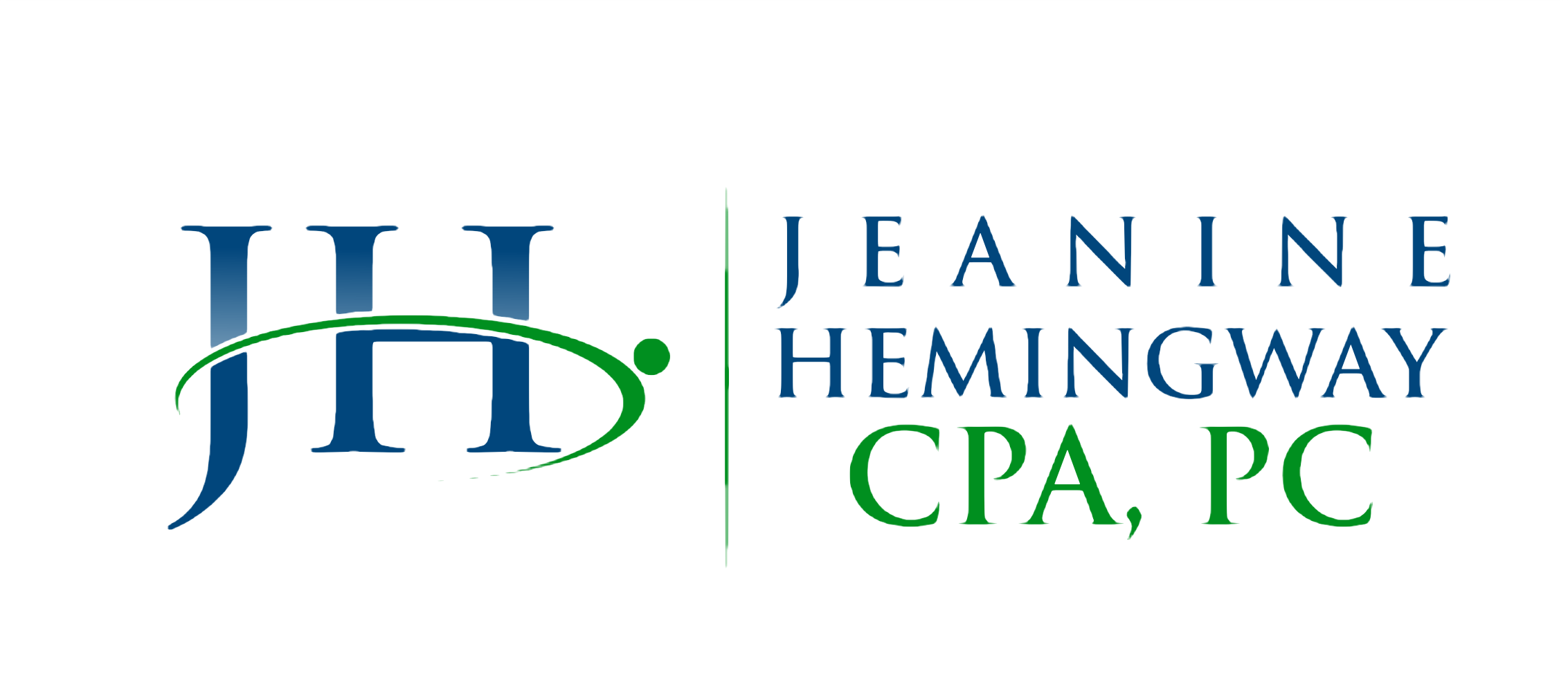The world of business structures can be complex and overwhelming, with various categories and nomenclature to keep track of. For business owners, it’s important to understand the differences among these structures, as they have significant implications for taxes, liability, and business operations.
Many business owners have inquired with our team regarding the difference between the most used business structures: the C-corporation or “C-Corp” and the limited liability company or “LLC.”
Let’s dive in.
A C-Corp is a type of corporation that is taxed separately from its owners. It is required to file its own tax return and pay taxes on its income. The owners of C-Corps are shareholders who own stock in the company. These shareholders have limited liability for the company’s debts and legal obligations.
An LLC, on the other hand, is a flexible business structure that combines the benefits of a partnership and a corporation. LLCs are not taxed as a separate entity like C-corps, but instead, the business’s income is passed through to its owners and reported on their personal tax returns. This is known as “pass-through taxation.”
If you’re considering declaring your business as a C corporation, there are several factors you should consider.
- C corporations offer limited liability protection to their owners. Personal assets are protected in the event the business is sued or goes bankrupt.
- There is no limit on the number of shareholders the business can have, which can make it easier to raise capital through stock offerings.
- C Corps has a lower maximum tax rate compared to the maximum personal tax rate applied to non-corporate businesses.
However, there are also several disadvantages to C corporations. One of the biggest is that they are subject to what’s known as “double taxation.”
- The corporation is taxed on its profits, and then the shareholders are taxed again when they receive those profits as dividends.
- C corporations are subject to more regulations and formalities than other types of businesses.
- This business structure can be more time-consuming and expensive to operate.
- There are no personal write-offs, meaning shareholders can’t write off business losses on personal income statements, as some members of other business structures are able to do.
Limited Liability Companies (LLCs) are a popular business structure for small businesses. One of the key benefits of operating as an LLC is the limited liability protection it offers to its owners.
- Individual assets of LLC members cannot be used to satisfy the LLC’s debts and obligations, which provides an added layer of protection for personal assets.
- Added protection can safeguard business owners and their money from any legal or financial liabilities that may arise from operating their business.
- Compared to forming a corporation, LLCs involve much less operational complexity.
- LLCs don’t need to hold an annual shareholders’ meeting, nor do they need to file an annual report each year.
Overall, forming an LLC can be a great option for small business owners who want to simplify their operational requirements and protect their personal assets. However, there are some key drawbacks to this business entity.
- Profits earned by the LLC are subject to both social security and Medicare taxes, which can significantly reduce your take-home pay.
- LLC owners are required to immediately recognize any profits earned by the business, which can create cash flow issues if the profits are reinvested back into the company.
- Compared to other types of business entities, LLCs typically offer fewer fringe benefits to their owners and employees.

Making the Choice for Your Business
The main differences between C-corps and LLCs status are in how they are taxed and how their owners are protected from liability. Choosing between these two business entities requires careful consideration of the specific needs and goals of your business. If you have questions and can benefit from an expert opinion based on your unique business, please contact the office of Jeanine Hemingway, CPA.
